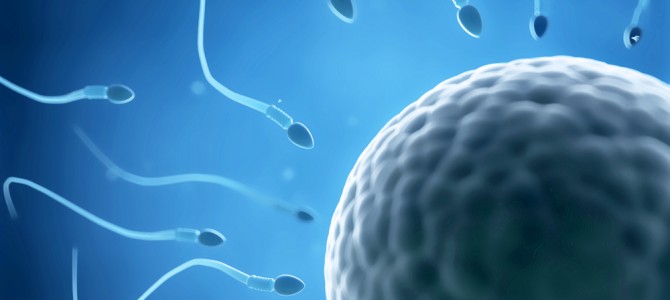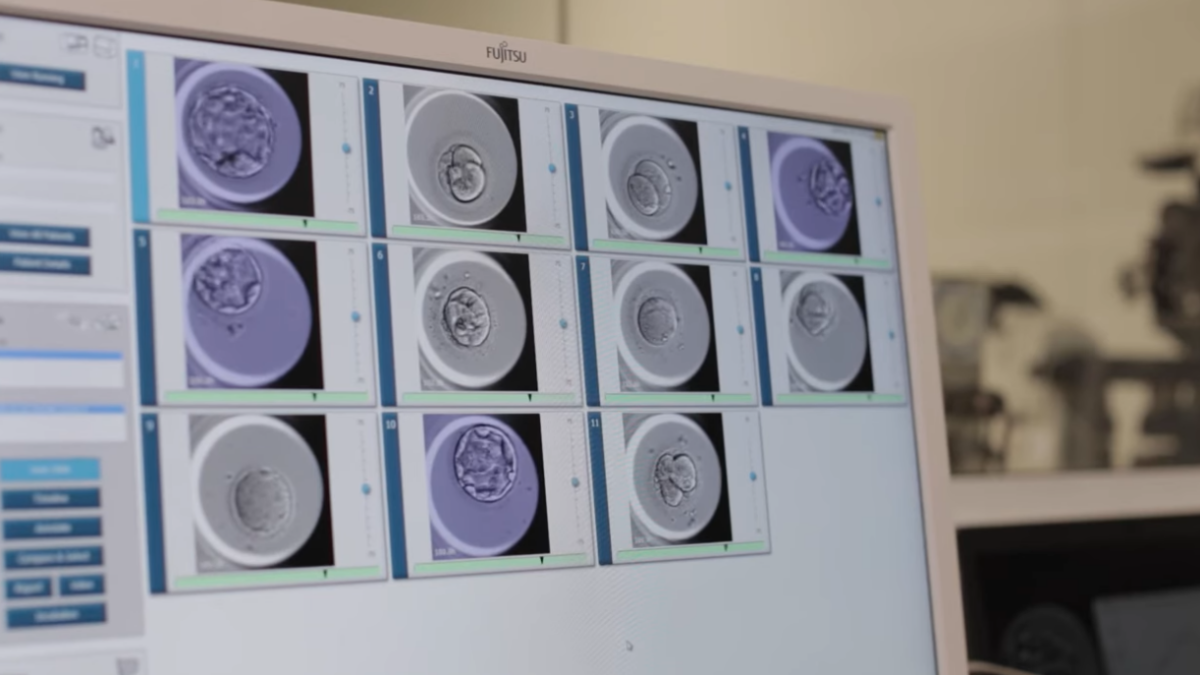
The governor of Wisconsin was on a trade mission to the United Kingdom. So, naturally, a reporter asked him whether he believed that Moses had ridden atop a Tyrannosaurus Rex to receive the Ten Commandments.
I mean, that’s the point of asking “do you believe in evolution?,” right? Because, surely, the questioner isn’t interested in Scott Walker’s feelings on the successive generational changes in biological populations. And surely, no one really cares what Scott Walker thinks about genetic drift.
“For me, I’m going to punt on that one as well,” Walker responded. “That’s a question a politician shouldn’t be involved in one way or another. So, I’m going to leave that up to you.” In the real world that answer would suffice. In the political world, it prompts thousands of twitter accounts to erupt in contrived scorn.
As useless and distasteful I find these gotcha questions, I would concede that it wouldn’t hurt for GOP candidates to have some succinct answers that reconcile their faith and science. Me? I’d be happy to vote for a proselytizing creationist, if that candidate believed in basic economics and individual liberty.
The real problem is that these episodes feed the bogus notion that Democrats are less prone to ignore settled science than Republicans. And the same journalists who fixate on “science” that makes the faithful look like slack-jawed yokels almost inevitably ignore science that has genuine moral and policy implications.
So in other words, any science that isn’t “climate change.”
And since we’re on the topic, I’d love for informed science-loving liberals to be asked questions such as:
What is evolution?
How many of candidates or journalists could answer this question with any useful specificity? (My colleague Sean Davis has already exposed how some of the pundits who unconditionally “believe in evolution” know very little about it.) This is because “do you believe in evolution” is an inane question. Do I believe in natural selection? Or do I obediently accept every macroevolutionary theory that’s ever been thrown my way?
For me, it’s plausible to believe that slug-like creatures emerged from primordial slime and after millions of fortuitous accidents over hundreds of millions of years emerged as politicians. Most people, though, disagree. According to 2012 Gallup poll, along with plenty of Republicans, 41 percent of Democrats believe God created humans in their present form within the last 10,000 years. So, around the same number of liberals that believe there’s something to astrology. What are the views of Democratic candidates?
If the evolution question is too theoretical, journalists can bring it back to something a bit more straightforward:
Does human life begin at conception?
If liberals believe in evolution, why do they struggle with basic biology? When Barack Obama was asked when babies become human beings, he punted. He alleged that this fundamental biological question was above his “paygrade.” Perhaps he doesn’t know that a human life begins when a father’s sperm fertilizes a mother’s egg? Or perhaps, much like Walker, Obama felt that a simple “yes” or “no” answer would not give the appropriate context to a question that brings up a number of complicated philosophical issues. Some people are granted that sort of space. Other are not.
Then again, journalists can narrow it down a bit.
Is a 20-week-old unborn child a human being?
On occasion, a social conservative will find himself or herself in a room with a liberal politician and ask a straightforward science-based question. Maryland Democrat Steny Hoyer says that middle-school level biology “is not a real issue.” When Nancy Pelosi was asked if “an unborn child 20 weeks into pregnancy was a human being?” she also punted. Maybe Pelosi believes that human existence starts at 40 weeks? 50 weeks? The right answer would make some people uncomfortable.
There are plenty of other less complex questions to ask.
Do you believe there are too many people on Earth?
The mainstreamed anti-humanist beliefs of Malthusians now dominate left-wing environmentalism and thus Democratic Party politics. Sometimes subtly, sometimes explicitly, we talk about people like parasites. How many times does population-bomb quackery have to be debunked for science-loving Democrats to treat it with the contempt it deserves? Unlike discussion about the validity of evolution, some ideas hold serious policy implications for the rest of us. This is one of them.
Is nuclear power the safest energy in the world?
According to the American Association for the Advancement of Science, around 70 percent of scientists support nuclear power development because it is. Yet large number of liberals oppose and stand in the way of science.
Do you believe GMOs are safe?
According to scientific consensus they are. Polls show that liberals are more inclined to believe this incredible technological advancement – one, that in some form or another has been with us almost since the start – is unsafe. Since the hoi polloi take their cues from political leadership, surely it’s worth ferreting out what potential presidential candidates think about scientific consensus. Or, at least as important as a symposium on speciation.
Do your chromosomes have anything to do with determining sex? What role do they play in a person’s gender, if any?
I am perfectly happy to refer to people by any name they prefer and, to whatever extent I can, treat them with respect. But science tells me this question is settled by the XX/XY sex-determination system. Someone should ask leading Democrats candidates – perhaps at a LGBT event – if they believe in science, or if they believe science permits humans to self-select.
We can go on.
Do you believe carbon dioxide is detrimental to human existence?
Do you believe a slight variation in the climate over a century is unique to contemporary times?
What was the average surface temperature of the earth last year?
Is certain birth control correlated with brain cancer?
What is a stem cell, and what are the differences between adult and embryonic stem cells?
And a bonus.
Do you ever question settled science?
If the answer is no, you’re doing it wrong. Doctors are allowed to question whether cholesterol is a “nutrient of concern.” Scientists can wonder if we’ve settled on Big Bang. That’s just this week. And one of the reasons journalists are under the impression that only one group rejects scientific consensus is because they don’t bother asking the right questions.









